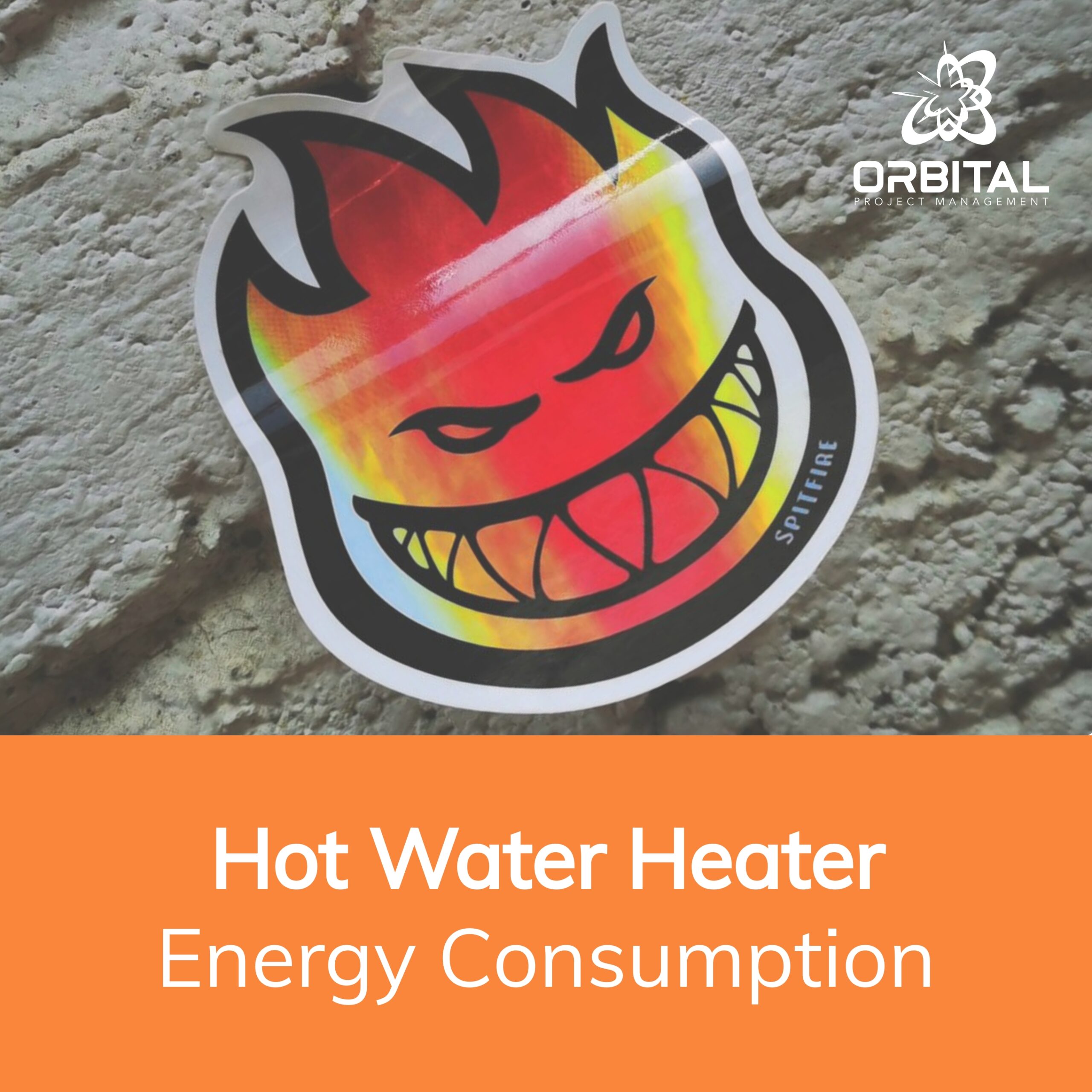The predicted increase in global energy usage, especially electricity, is startling. From data centers to electric vehicle charging, the demand is set to rapidly exceed the existing grid capability. In order to decrease the rate climb of consumption, improving energy efficiency is one method that needs widespread adoption.
While estimates vary widely from 17% to 50%, the startling fact that hot water heaters (HWHs) may consume ⅕ to ½ of a home’s entire energy expenditure commands pause. The lower end estimates may account for the use of tankless or smaller tank heaters and even the use of heat pump water heaters (HPWHs), which may use 60-70% less energy than conventional HWHs.
Since these HWH stats have popped up in numerous sources recently (including a book I chose for inspirational reading), I decided it deserves some attention.
Going Tankless
Twenty years ago, I had just heard of on-demand tankless hot water heaters. At the time, they were in their infancy and not yet ready for use in colder climates that ran the risk of freezing temps. And they were expensive. With a capital E.
Even today, concerns remain over switching to a tankless model. Decades later, they are still expensive. They require changes to plumbing, electrical connections, and other concerns. They aren’t as straightforward for a DIYer either, unless you happen to have considerable experience with both electricity and plumbing, including changes to gas lines.
I had to replace my old HWH recently and looked into tankless again, but once more shied away from it. In this temperate Midwest climate, I really appreciate my gas HWH that can kick out a steamy shower even if the electricity goes out, something not possible with tankless models.
The shocking realization for the plumber who came to replace my poorly-functioning HWH: it was installed in the mid-80s. That sort of HWH life is unheard of with modern models. On the energy-use upside: given the limited physical space to place a replacement unit, I had to go with the smallest tank size they make, which is much more energy efficient than the big units most homes use these days.
Heat Pump Water Heaters
HPWHs function like a “reverse refrigerator” by using an evaporator and condenser to move air and trap heat to warm a conventional-looking tank of water. U.S. Water Heating Solutions does a great job of explaining the process. While HPWHs function independently, some homes with existing geothermal heat pumps may be able to tie the systems together for added efficiency.
Representing only about 1% of current HWH sales, HPWHs could really change the energy-use playing field when it comes to heating water. Their efficiency is phenomenal compared to conventional units. However, we run into similar issues as we do with tankless models: up-front cost and electricity dependence.
Power Outages and Sticker Shock
Should consumers soon see options for significant safe battery storage on their side of the meter, perhaps the electrical piece of the outage risk puzzle could be eliminated, making the more energy-efficient but electricity-dependent options more appealing. For homes with whole-house generators, grid shutdowns may not be a concern.
While you may be able to get a typical tank HWH installed for $1000 as a DIY project, it could cost over $5,000 for a complex energy-efficient unit with all the required utility upgrades. Some regions and socioeconomic groups may have access to incentives to make an energy-efficient switch away from conventional HWHs to lessen the sticker shock of a water heating appliance overhaul. Check out these links for an idea of what credits or other incentives may be available:
What’s Your Plan
Unless you happen to have one of the 1980s workhorse HWH dinosaurs in your closet, what’s your plan for your next HWH replacement?
If you’re a planner, perhaps now is the time to start investigating:
- What options make sense for your climate
- How much space you have available for HWH placement
- Electrical reliability in your area
- Up-front investment costs
- Grants or other energy efficiency programs you qualify for
- Major overhauls – adding a geothermal heat pump as well
- Battery storage options
- Multi-fuel generator options for emergencies
Energy-Conscious Choices
Who has the time to research the latest energy-efficient options for all the ways we live and consume? (Yeah, we don’t either.) But, for those topics that grab our attention, we are happy to share what we find!
Let us make it easy for you to consider some new ways of updating your energy consumption that make sense…
Get The Nucleus delivered fresh each month with some sustainability tips and food for thought. But not real food. Just thought food.






